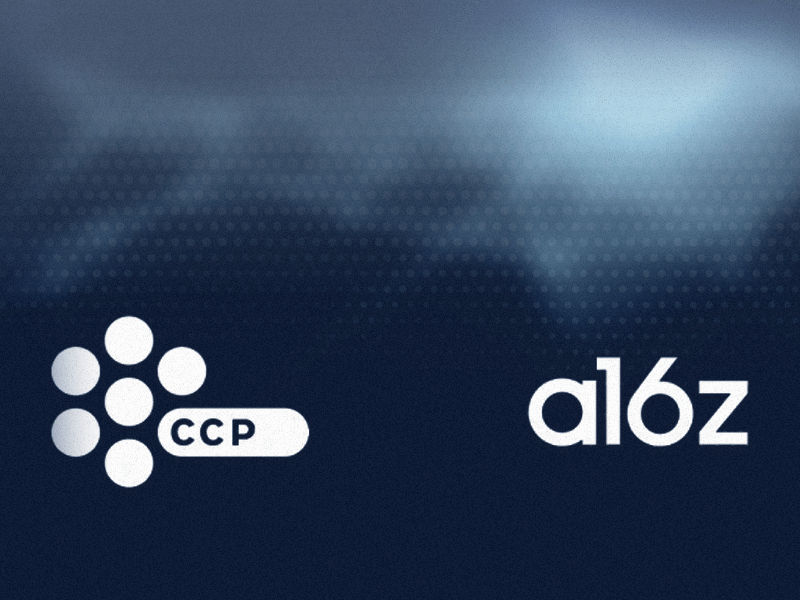Web3 gaming has emerged as one of the most compelling use cases in the crypto industry. AAA gaming companies like CCP Games have taken notice and are flocking to develop in this emerging field. Despite this institutional interest, gamers are growing skeptical about what these developments offer. Terms like “Web3” and “blockchain” are becoming gimmicks to attract investment, and users are looking for substance beyond the hype.
This skepticism was evident in the muted response to CCP Games’ latest $40 million investment from top venture capitalists. On March 21, the MMO developer raised $40 million in a funding round led by venture capitalist Andreessen Horowitz (a16z). The game studio stated that it would use the capital to scale its research-and-development team to create a new Web3 MMO game set within the universe of its hit title, EVE Online. The developer shared that its upcoming project would feature key game systems on-chain and leverage smart contracts to “empower players in new ways” with “truly open third-party development.”
Despite these ambitions, CCP Games’ announcement struggled to hit it off with gamers. Many weren’t keen on a popular traditional gaming company integrating blockchain technology. Users on Twitter shared their concerns, claiming that the new title does not offer anything new. Some bluntly expressed the view that being “Web3” doesn’t make a game fun. The proposed benefits from the technology, such as Play-to-Earn, digital assets, and more, are already possible with Web2 technology. Several fans noted that players have been exchanging game items and creating content on traditional gaming platforms for a long time.
However, others touted the studio’s move to Web3 as revolutionary. Fans were excited to see the 20-year-old MMO leader incorporating NFTs and blockchain technology. This division in opinion highlights the challenge that traditional gaming companies face when moving to Web3.
Much of the criticism can be attributed to CCP Games’ marketing, which focused more on highlighting their blockchain integration than what the game would offer. “Web3”, “Play-to-Earn,” “Blockchain,” “Value Exchange,” “True Ownership,” and similar terminology is not resonating with much of the gaming public. Marketing for blockchain games tends to emphasize these terms over the actual concept of the game. This leads to companies struggling to comprehend what gamers want.
Traditional gaming companies incorporating blockchain technology often gain hype among investors; however, they’re not as effective with customers. Top gaming studios are blurring the lines between investment vehicles and fun when they migrate to Web3, misinterpreting what gamers need. It is essential to understand that gamers are looking for engaging gameplay experiences that offer novelty, excitement, and new challenges.
In conclusion, while Web3 gaming has the potential to revolutionize the gaming industry, traditional gaming companies must realize that they need to offer more than just blockchain technology. Gamers want engaging gameplay experiences, and the use of blockchain technology should enhance these experiences, not overshadow them. The challenge for gaming companies is to strike a balance between innovation and entertainment, creating compelling gameplay that leverages the benefits of Web3 technology in a way that resonates with their audience.




